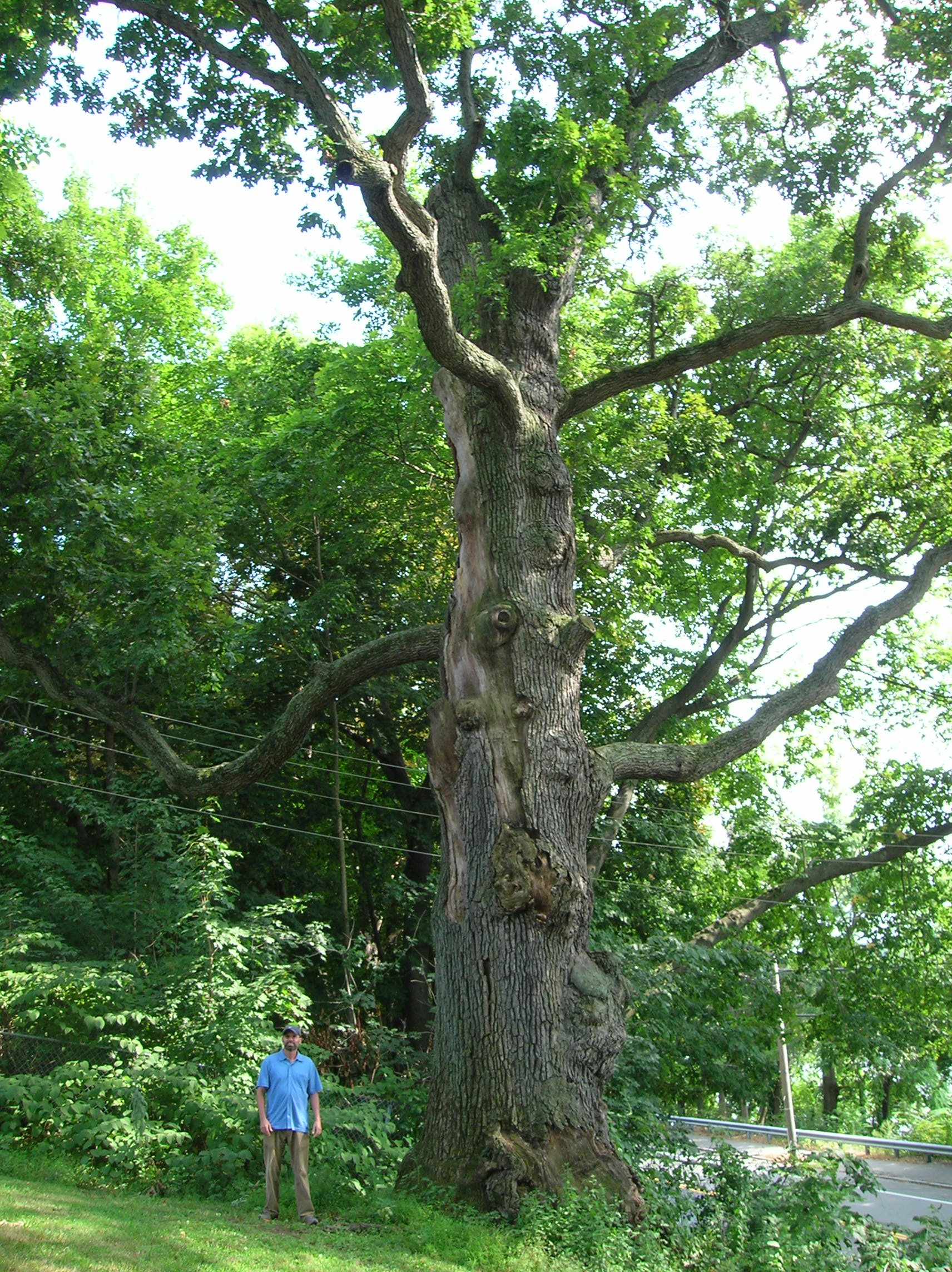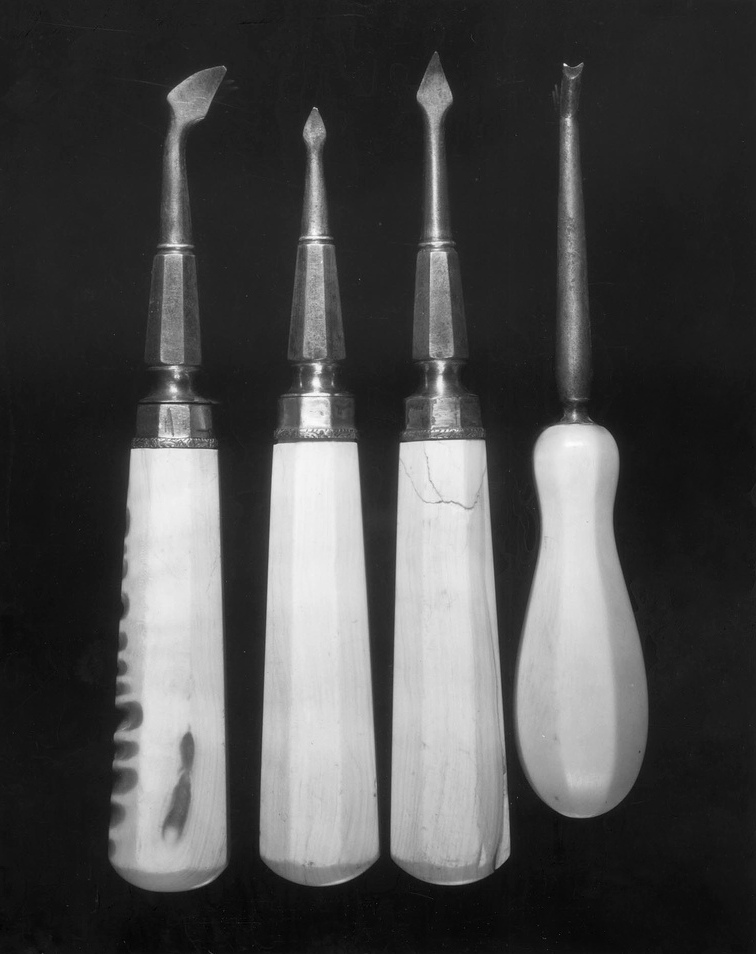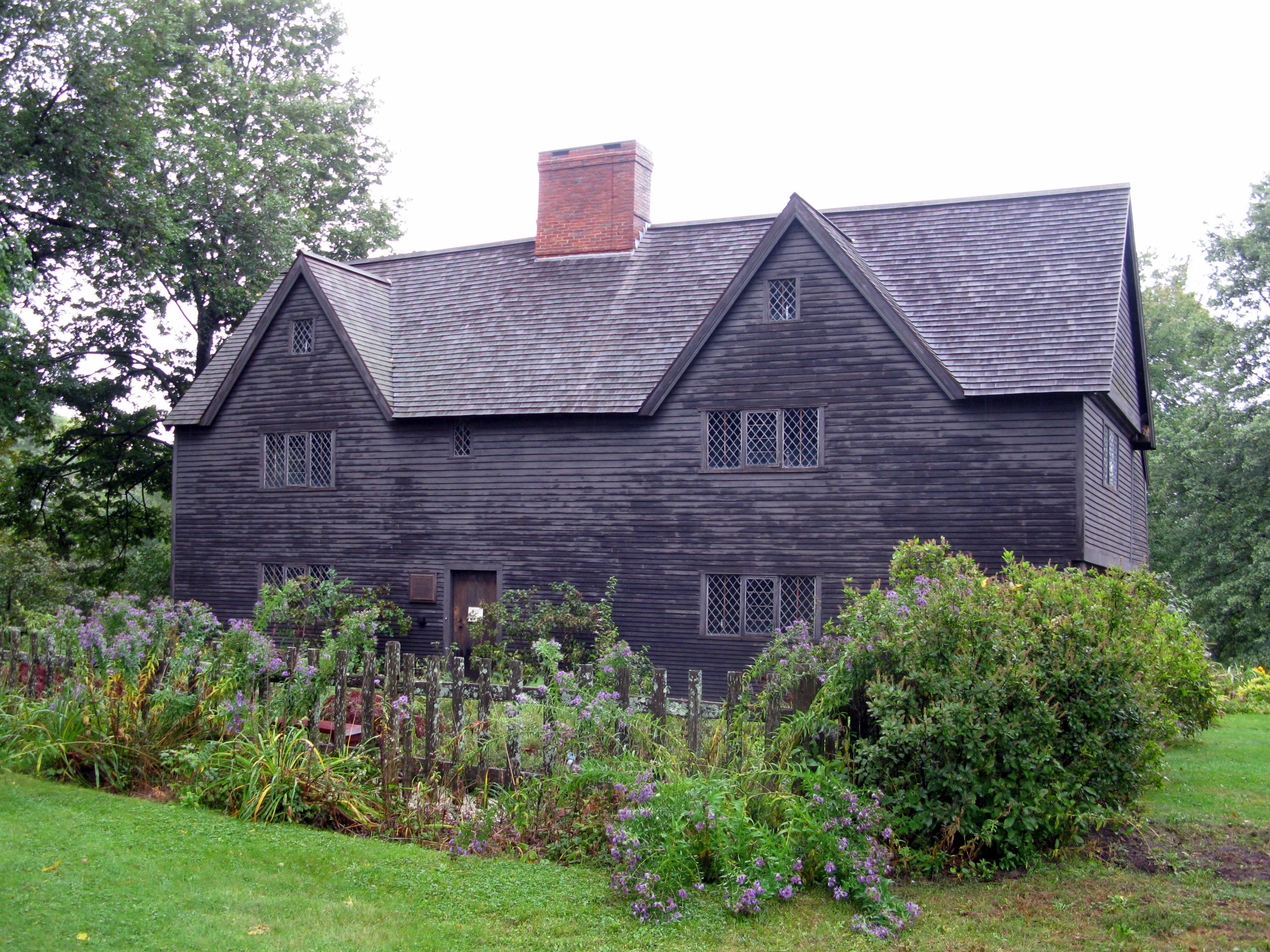|
Groveland, Massachusetts
Groveland is a town in Essex County, Massachusetts, United States. It is thirty-four miles north of Boston. At the 2020 census, it had a population of 6,752. The town is divided into two precincts, Groveland and South Groveland. History Groveland was originally the East Parish of Bradford, which was originally part of the town of Rowley. Before Bradford was separated from Rowley in 1672, it was called "Rowley on the Merrimack", or just "Merrimack". Bradford in turn was annexed by Haverhill in 1897. Groveland officially incorporated as a separate town on September 9, 1850. Groveland residents celebrate the anniversary of this date as Groveland Day. In December 1638, after seventeen years of service, the Reverend Ezekiel Rogers was discharged from his post as rector of the parish of Rowley in Yorkshire, England. He had refused to read "that accursed book allowing sports on the Lord's Day." Believing the future of Puritanism was at stake, he and the members of twenty families sa ... [...More Info...] [...Related Items...] OR: [Wikipedia] [Google] [Baidu] |
Merrimack River
The Merrimack River (or Merrimac River, an occasional earlier spelling) is a river in the northeastern United States. It rises at the confluence of the Pemigewasset and Winnipesaukee rivers in Franklin, New Hampshire, flows southward into Massachusetts, and then flows northeast until it empties into the Gulf of Maine at Newburyport. From Pawtucket Falls in Lowell, Massachusetts, onward, the Massachusetts–New Hampshire border is roughly calculated as the line three miles north of the river. The Merrimack is an important regional focus in both New Hampshire and Massachusetts. The central-southern part of New Hampshire and most of northeast Massachusetts is known as the Merrimack Valley. Several U.S. naval ships have been named and USS ''Merrimac'' in honor of this river. The river is perhaps best known for the early American literary classic ''A Week on the Concord and Merrimack Rivers'' by Henry David Thoreau. Etymology and spelling The etymology of the name of the ... [...More Info...] [...Related Items...] OR: [Wikipedia] [Google] [Baidu] |
Haverhill, Massachusetts
Haverhill ( ) is a city in Essex County, Massachusetts, United States. Haverhill is located 35 miles north of Boston on the New Hampshire border and about 17 miles from the Atlantic Ocean. The population was 67,787 at the 2020 United States Census. Located on the Merrimack River, Haverhill began as a farming community of Puritans, largely from Newbury Plantation. The land was officially purchased from the Pentuckets on November 15, 1642 (One year after incorporation) for three pounds, and ten shillings. Pentucket was renamed Haverhill (after the Ward family's hometown in England) and evolved into an important industrial center, beginning with sawmills and gristmills run by water power. In the 18th and 19th century, Haverhill developed woolen mills, tanneries, shipping and shipbuilding. The town was home to a significant shoe-making industry for many decades. By the end of 1913, one tenth of the shoes produced in the United States were made in Haverhill, and because of this the ... [...More Info...] [...Related Items...] OR: [Wikipedia] [Google] [Baidu] |
Paul Revere
Paul Revere (; December 21, 1734 O.S. (January 1, 1735 N.S.)May 10, 1818) was an American silversmith, engraver, early industrialist, Sons of Liberty member, and Patriot and Founding Father. He is best known for his midnight ride to alert the colonial militia in April 1775 to the approach of British forces before the battles of Lexington and Concord, as dramatized in Henry Wadsworth Longfellow's 1861 poem, "Paul Revere's Ride". At age 41, Revere was a prosperous, established and prominent Boston silversmith. He had helped organize an intelligence and alarm system to keep watch on the British military. Revere later served as a Massachusetts militia officer, though his service ended after the Penobscot Expedition, one of the most disastrous campaigns of the American Revolutionary War, for which he was absolved of blame. Following the war, Revere returned to his silversmith trade. He used the profits from his expanding business to finance his work in iron casting, bronze ... [...More Info...] [...Related Items...] OR: [Wikipedia] [Google] [Baidu] |
Congregational Church
Congregational churches (also Congregationalist churches or Congregationalism) are Protestant churches in the Calvinist tradition practising congregationalist church governance, in which each congregation independently and autonomously runs its own affairs. Congregationalism, as defined by the Pew Research Center, is estimated to represent 0.5 percent of the worldwide Protestant population; though their organizational customs and other ideas influenced significant parts of Protestantism, as well as other Christian congregations. The report defines it very narrowly, encompassing mainly denominations in the United States and the United Kingdom, which can trace their history back to nonconforming Protestants, Puritans, Separatists, Independents, English religious groups coming out of the English Civil War, and other English Dissenters not satisfied with the degree to which the Church of England had been reformed. Congregationalist tradition has a presence in the United States ... [...More Info...] [...Related Items...] OR: [Wikipedia] [Google] [Baidu] |
Boxford, Massachusetts
Boxford is a town in Essex County, Massachusetts, United States. According to the U.S. Census Bureau, the town's population was 8,203 in 2020. The original town center of Boxford, along with East Boxford and other areas in the eastern part of the town, comprise the census-designated place of Boxford. History Native Americans inhabited northeastern Massachusetts for thousands of years prior to European colonization of the Americas. At the time of contact, the area that would become Boxford was controlled by Agawam sachem Masconomet, but the Agawam would experience severe population loss from virgin soil epidemics, especially in 1617–1619, killing an estimated 50–75% of the indigenous population in the region. Although Boxford was settled by Europeans in 1646, it was not until 1700 that the selectmen of Boxford would pay Masconomet's grandson Samuel English nine pounds for the rights to the town land. Europeans first settled in Boxford in 1646 as a part of Rowley Village ... [...More Info...] [...Related Items...] OR: [Wikipedia] [Google] [Baidu] |
Georgetown, Massachusetts
Georgetown is a town in Essex County, Massachusetts, United States. The population was 8,470 at the 2020 census. It was incorporated in 1838 from part of Rowley. History Georgetown was originally settled in 1639 as a part of the town of Rowley by the Reverend Ezekiel Rogers. The town at the time stretched from the Atlantic coast to the Merrimack River, south of Newbury and north of Ipswich. Several farmers, finding suitable meadowlands in the western half of the settlement, began settling along the Penn Brook by the middle of the seventeenth century, creating Rowley's West Parish. Though not directly involved in King Philip's War, the village nonetheless did become a victim of Indian raids. The village, which became known as New Rowley, grew for many years, with small mills and eventually a shoe company opening up in the town. By 1838, the town was sufficiently large enough for its own incorporation, and was renamed Georgetown. Small industry continued, and today the town ... [...More Info...] [...Related Items...] OR: [Wikipedia] [Google] [Baidu] |
Newbury, Massachusetts
Newbury is a town in Essex County, Massachusetts, USA. The population was 6,716 at the 2020 census. Newbury includes the villages of Old Town (Newbury Center), Plum Island and Byfield. Each village is a precinct with its own voting district, various town offices, and business center. History Native Americans lived along the Merrimack River for thousands of years prior to European colonization of the Americas. At the time of contact, Pennacook or Pentucket controlled territory north of the Merrimack, while Agawam and Naumkeag controlled territory southeast and southwest of the river respectively. The original name for the land that would become Newbury may have been ''Quascancunquen'' meaning "waterfall," referring to the falls in Byfield where Central Street crosses the Parker River, and was likely part of the territory of Agawam sachem Masconomet at the time of contact. No formal agreements between the original inhabitants of Newbury and English colonists would be made ... [...More Info...] [...Related Items...] OR: [Wikipedia] [Google] [Baidu] |
Ipswich, Massachusetts
Ipswich is a coastal town in Essex County, Massachusetts, United States. The population was 13,785 at the 2020 census. Home to Willowdale State Forest and Sandy Point State Reservation, Ipswich includes the southern part of Plum Island. A residential community with a vibrant tourism industry, the town is famous for its clams, celebrated annually at the Ipswich Chowderfest, and for Crane Beach, a barrier beach near the Crane estate. Ipswich was incorporated as a town in 1634. History Ipswich was founded by John Winthrop the Younger, son of John Winthrop, one of the founders of the Massachusetts Bay Colony in 1630 and its first governor, elected in England in 1629. Several hundred colonists sailed from England in 1630 in a fleet of 11 ships, including Winthrop's flagship, the ''Arbella''. Investigating the region of Salem and Cape Ann, they entertained aboard the ''Arbella'' for a day, June 12, 1630, a native chief of the lands to the north, Chief Masconomet. The event was record ... [...More Info...] [...Related Items...] OR: [Wikipedia] [Google] [Baidu] |
Printing Press
A printing press is a mechanical device for applying pressure to an inked surface resting upon a printing, print medium (such as paper or cloth), thereby transferring the ink. It marked a dramatic improvement on earlier printing methods in which the cloth, paper or other medium was brushed or rubbed repeatedly to achieve the transfer of ink, and accelerated the process. Typically used for texts, the invention and global spread of the printing press was one of the most influential events in the second millennium. In Germany, around 1440, goldsmith Johannes Gutenberg invented the movable-type printing press, which started the Printing Revolution. Modelled on the design of existing screw presses, a single Renaissance movable-type printing press could produce up to 3,600 pages per workday, compared to forty by History of typography in East Asia, hand-printing and a few by scribe, hand-copying. Gutenberg's newly devised matrix (printing), hand mould made possible the precise and ra ... [...More Info...] [...Related Items...] OR: [Wikipedia] [Google] [Baidu] |
Salem, Massachusetts
Salem ( ) is a historic coastal city in Essex County, Massachusetts, located on the North Shore of Greater Boston. Continuous settlement by Europeans began in 1626 with English colonists. Salem would become one of the most significant seaports trading commodities in early American history. It is a suburb of Boston. Today Salem is a residential and tourist area that is home to the House of Seven Gables, Salem State University, Pioneer Village, the Salem Maritime National Historic Site, Salem Willows Park, and the Peabody Essex Museum. It features historic residential neighborhoods in the Federal Street District and the Charter Street Historic District.Peabody Essex announces $650 million campaign WickedLocal.com, November 14, 2011 [...More Info...] [...Related Items...] OR: [Wikipedia] [Google] [Baidu] |
New World
The term ''New World'' is often used to mean the majority of Earth's Western Hemisphere, specifically the Americas."America." ''The Oxford Companion to the English Language'' (). McArthur, Tom, ed., 1992. New York: Oxford University Press, p. 33: "[16c: from the feminine of ''Americus'', the Latinized first name of the explorer Amerigo Vespucci (1454–1512). The name ''America'' first appeared on a map in 1507 by the German cartographer Martin Waldseemüller, referring to the area now called Brazil]. Since the 16c, a name of the western hemisphere, often in the plural ''Americas'' and more or less synonymous with ''the New World''. Since the 18c, a name of the United States of America. The second sense is now primary in English: ... However, the term is open to uncertainties: ..." The term gained prominence in the early 16th century, during Europe's Age of Discovery, shortly after the Italian explorer Amerigo Vespucci concluded that America (now often called ''the Am ... [...More Info...] [...Related Items...] OR: [Wikipedia] [Google] [Baidu] |
Puritan
The Puritans were English Protestants in the 16th and 17th centuries who sought to purify the Church of England of Catholic Church, Roman Catholic practices, maintaining that the Church of England had not been fully reformed and should become more Protestant. Puritanism played a significant role in English history, especially during the Protectorate. Puritans were dissatisfied with the limited extent of the English Reformation and with the Church of England's toleration of certain practices associated with the Roman Catholic Church. They formed and identified with various religious groups advocating greater purity of worship and doctrine, as well as personal and corporate piety. Puritans adopted a Reformed theology, and in that sense they were Calvinists (as were many of their earlier opponents). In church polity, some advocated separation from all other established Christian denominations in favour of autonomous gathered churches. These English Dissenters, Separatist and Indepe ... [...More Info...] [...Related Items...] OR: [Wikipedia] [Google] [Baidu] |






